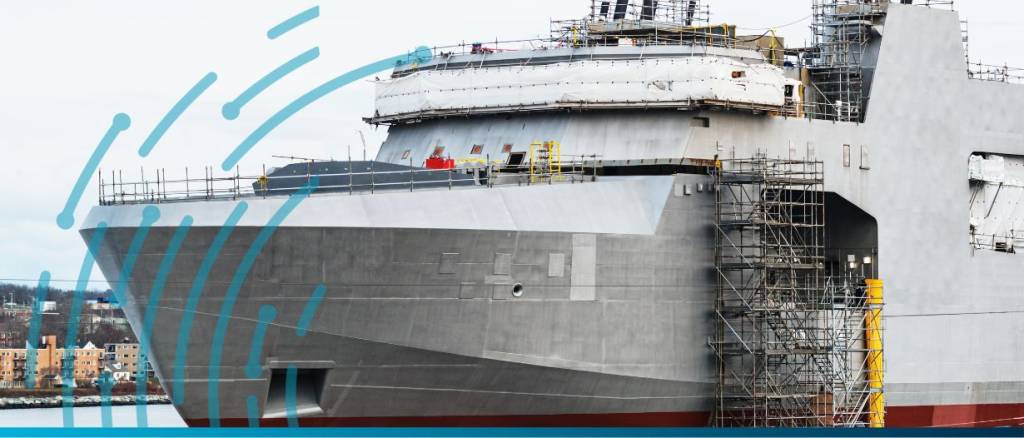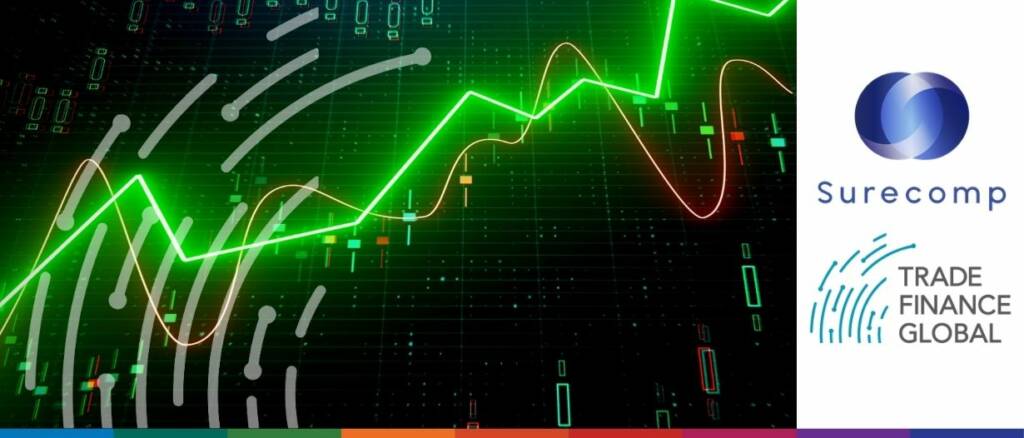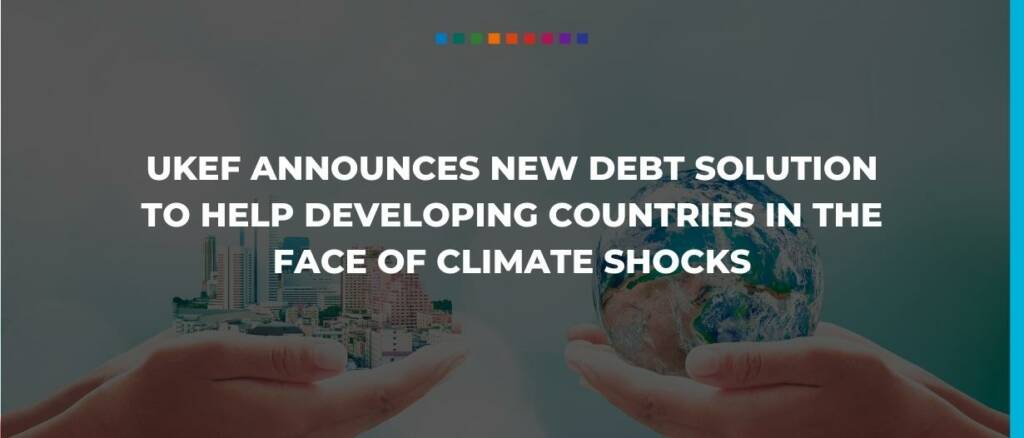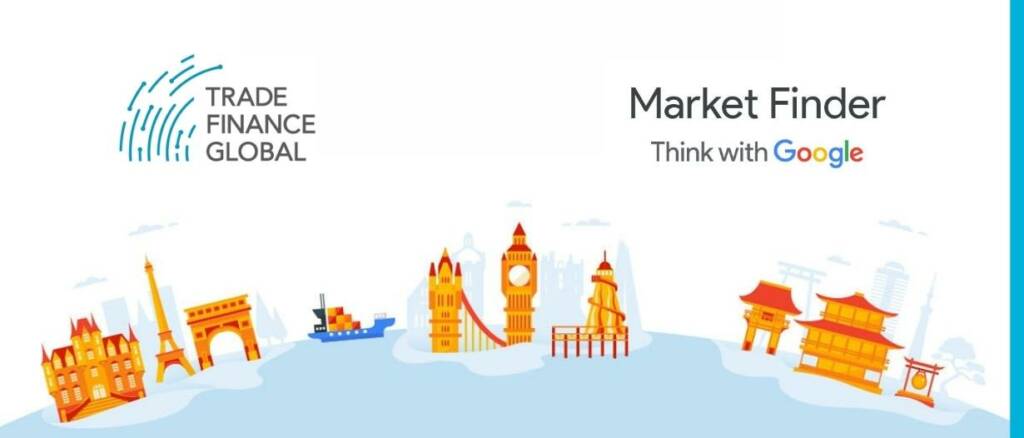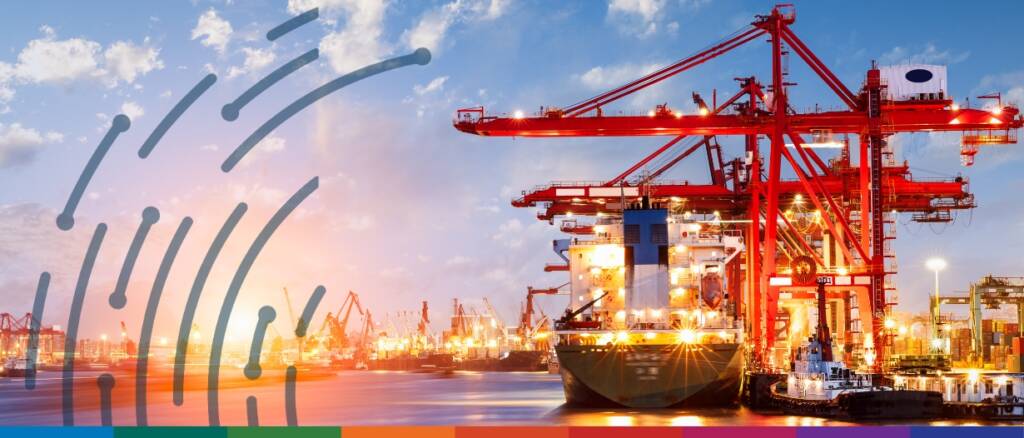The OPEC Fund for International Development has extended a $30 million loan to Ipak Yuli Bank, marking its first direct financing to a privately owned bank in Uzbekistan, the organisation… read more →
UK Export Finance (UKEF) announced that they will provide £5 million in support for a Wirral-based specialist manufacturer of boats serving search and rescue, defence, and security sectors. Marine Specialised… read more →
Surecomp® today announced that PT. Bank BTPN Tbk (BTPN), one of the leading privately-owned banks in Indonesia and part of the SMBC Group, is live with its DOKA™ solution to… read more →
The International Finance Corporation (IFC), the World Bank’s investment arm, said it will provide Sri Lanka a $400 million cross-currency swap facility to help fund essential imports. Three private banks,… read more →
ING announced today that it has spun out Loan Optics to vc trade GmbH, the leading digital platform in the market for private placement and promissory note loans. Loan Optics… read more →
Chief executive of gas grid operator Enagas, Arturo Gonzalo Aizpiri told reporters on Thursday that the European Union funds could finance 30% – 50% of the underwater hydrogen pipeline to… read more →
UK Export Finance (UKEF) announced on Finance Day at COP27, November 8, that it will become the first export credit agency (ECA) to offer Climate Resilient Debt Clauses (CRDC) in… read more →
Trade Finance Global have partnered with Google (Market Finder) to launch a comprehensive trade finance series of guides.
Freeports are a special kind of air, rail, or seaport, where normal tax and customs rules don’t apply, says John Lucy, director of Liverpool City Region Freeport
Twenty years ago Asia had a 12% share of the global factoring market. Today that share is 25%.
In this article, FCI’s Lin Hui looks at factoring’s two decades of steady growth in Asia, and where the industry goes from here…
















